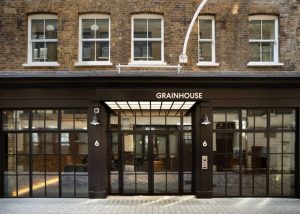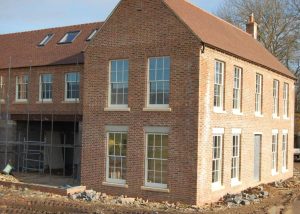Facts about Romsey
General Info
Romsey (/ˈrɒmzi/ ROM-zee) is a historic market town in the county of Hampshire, England. Romsey was home to the 17th-century philosopher and economist William Petty and the 19th-century British prime minister, Lord Palmerston, whose statue has stood in the town centre since 1857. The town was also home to the 20th-century naval officer and statesman Louis Mountbatten, 1st Earl Mountbatten of Burma, who lived at Broadlands. Notable buildings include a 13th-century hunting lodge, an 18th-century coaching inn and the 19th-century Corn Exchange.
History
Romsey’s name is believed to originate from the Old English Rūm’s eg, meaning “Rūm’s island”. Rūm is probably an abbreviation of a personal name like Rūmwald (meaning “glorious leader”), and eg (meaning “island”) may have denoted a monastic retreat in the Early Middle Ages, since it is common among religious place names.The first church in Romsey was founded by Edward the Elder in 907 AD for his daughter, Ælflæd, a nun who became the first abbess of Romsey. Edgar the Peaceful re-founded the abbey under the Rule of Benedict in 967 AD, appointing as abbess a noblewoman named Merewenna in 974 AD. Merewenna was given charge of Edgar’s stepdaughter, Æthelflæd, who later served as abbess herself. Both Merewenna and Æthelflæd are revered as saints.







